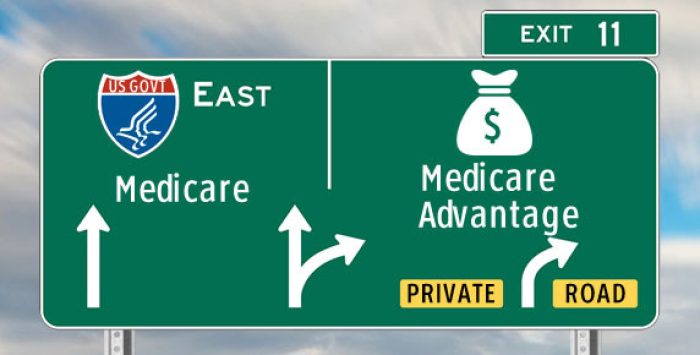What is a zero-premium Medicare plan?
A zero-premium plan is a Medicare Advantage plan that has no monthly premium. In other words, you don’t pay anything to the insurance company each month for your coverage. That’s in comparison with the average Medicare Advantage premium of $23/month in 2020. (For Medicare Advantage plans with prescription drug coverage, the average premium is $36/month in 2020). If you have a zero-premium plan, you pay $0/month instead.
Will I still have other costs if I enroll in a zero-premium Medicare plan?
Note that regardless of how much your Medicare Advantage plan costs, you also have to pay your Part B premiums. In 2020, Part B costs $144.60/month for most enrollees. So if you have a Medicare Advantage plan that costs $30/month, you’ll pay about $174.60/month in total premiums. Whereas if you have a zero-premium Medicare Advantage plan, you’ll pay $144.60/month (note that the Part B premium is higher if you have income above $87,000/year).
Who can buy a zero-premium plan?
Most Medicare Advantage enrollees have access to at least one zero-premium plan, but only about half of them take that option. According to Kaiser Family Foundation’s analysis of 2019 Medicare Advantage enrollment, 90 percent of people who enrolled in an MA-PD (Medicare Advantage plan with prescription drug coverage) had the option to select a zero-premium plan. But only 56 percent did so. The other 44 percent opted to pay premiums that ranged from under $20/month to over $100/month.
Why might I not buy a zero-premium Medicare plan?
So why would people opt to pay premiums for Medicare Advantage coverage when they could have a free option instead? There are a variety of reasons, including provider networks, drug formularies (ie, covered drug lists), and total costs. In some cases, the provider networks for the zero-premium plans might not include an enrollee’s current doctors. Or they might have drug formularies that don’t include the medications a person is taking.
But out-of-pocket costs is another big consideration. The zero-premium plan available in your area might have a higher deductible, copays, and/or total out-of-pocket exposure than the plans that have premiums. A healthy enrollee might feel like that’s an acceptable gamble, but an enrollee with ongoing medical conditions might decide that it’s worth paying premiums every month in order to have more robust coverage. As with most things related to health coverage, there’s no one-size-fits-all solution.
Tags: Medicare Advantage






